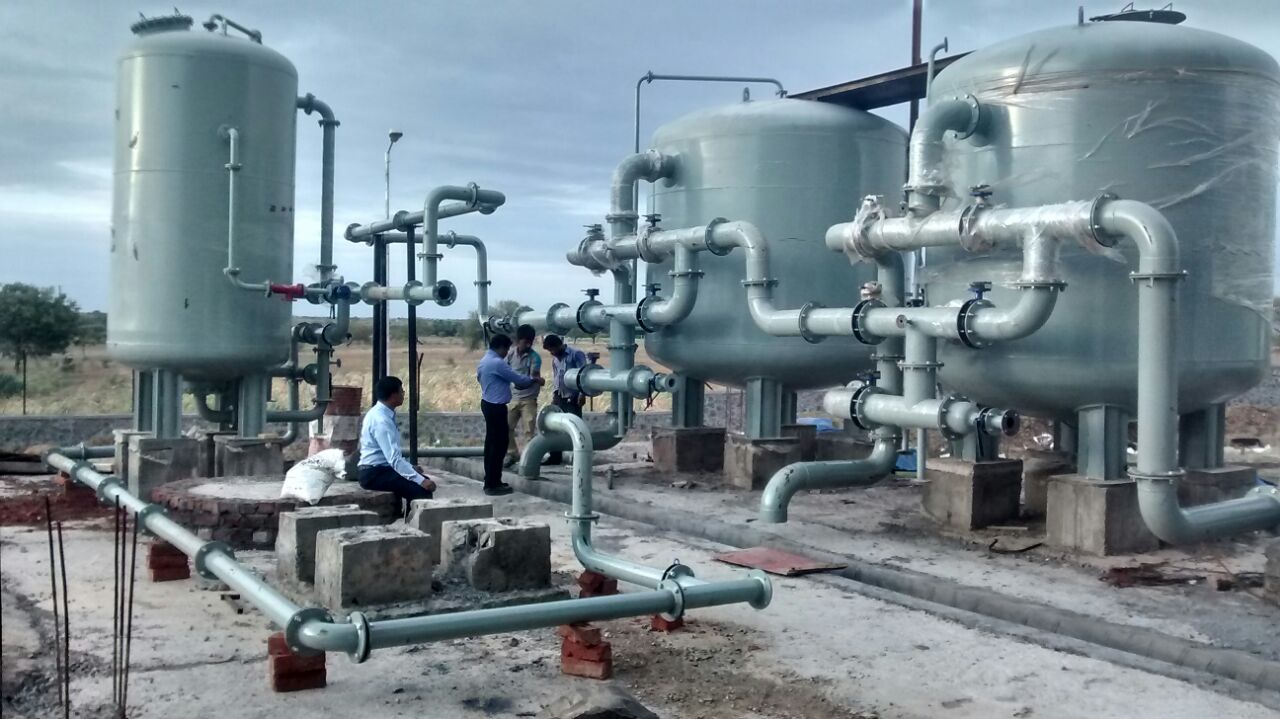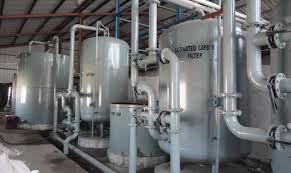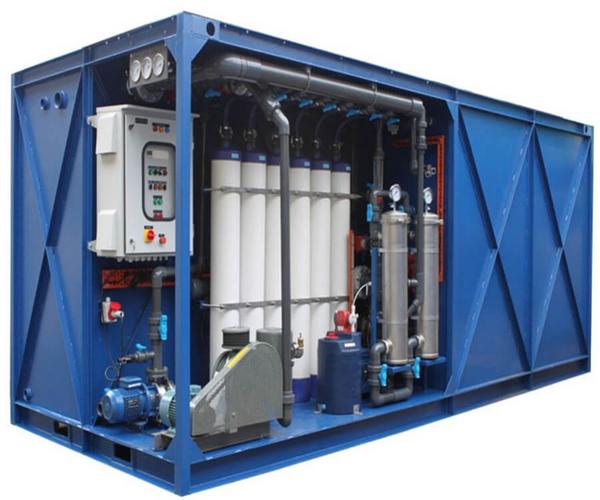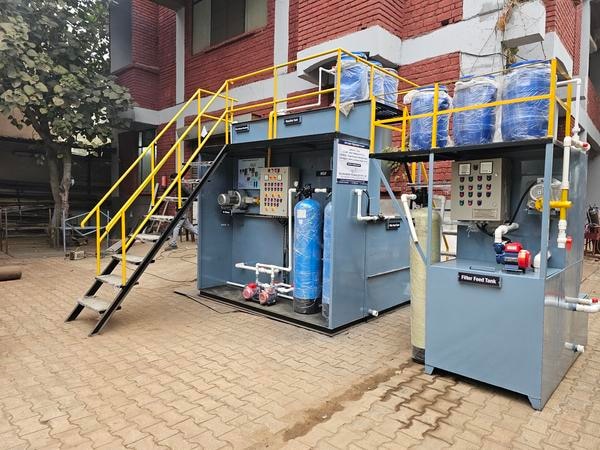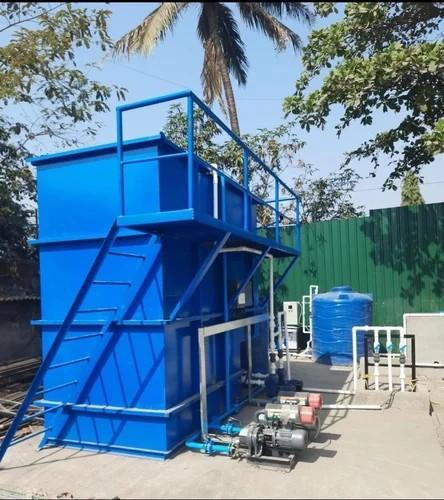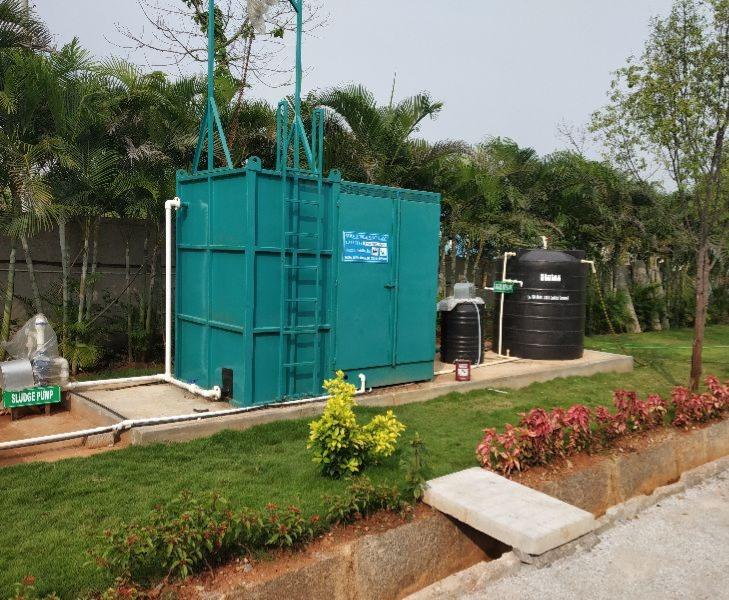Description
Product details
Water softeners are filtration systems designed to tackle the problem of hard water, which is water with a high concentration of dissolved minerals like calcium and magnesium. These minerals are picked up as water flows through rock and soil deposits. How water softeners work to address this issue: Ion Exchange: Most water softeners use ion exchange, where hard water passes through resin beads that swap sodium ions for calcium and magnesium ions. Regeneration: When the resin is full of hard minerals, a saltwater solution is used to flush out the minerals and replenish the sodium ions. Why water softening is important Hard water can cause problems: Scale Buildup: It creates limescale in pipes and appliances, reducing efficiency and lifespan. Reduced Cleaning Efficiency: Hard water makes soaps and detergents less effective. Damaged Appliances: Scale can shorten the life of appliances. Higher Energy Consumption: Scale on heating elements increases energy use. Using water softeners can prevent these issues, leading to benefits such as: Extended Lifespan: Protects plumbing and appliances. Improved Cleaning: Makes soaps work better. Better Skin and Hair: Gentler on skin and hair. Increased Efficiency: Appliances run more efficiently. Cost Savings: Reduces bills and replacement costs. Water softeners are important in water treatment for improving water quality and protecting systems from hard water's effects.


